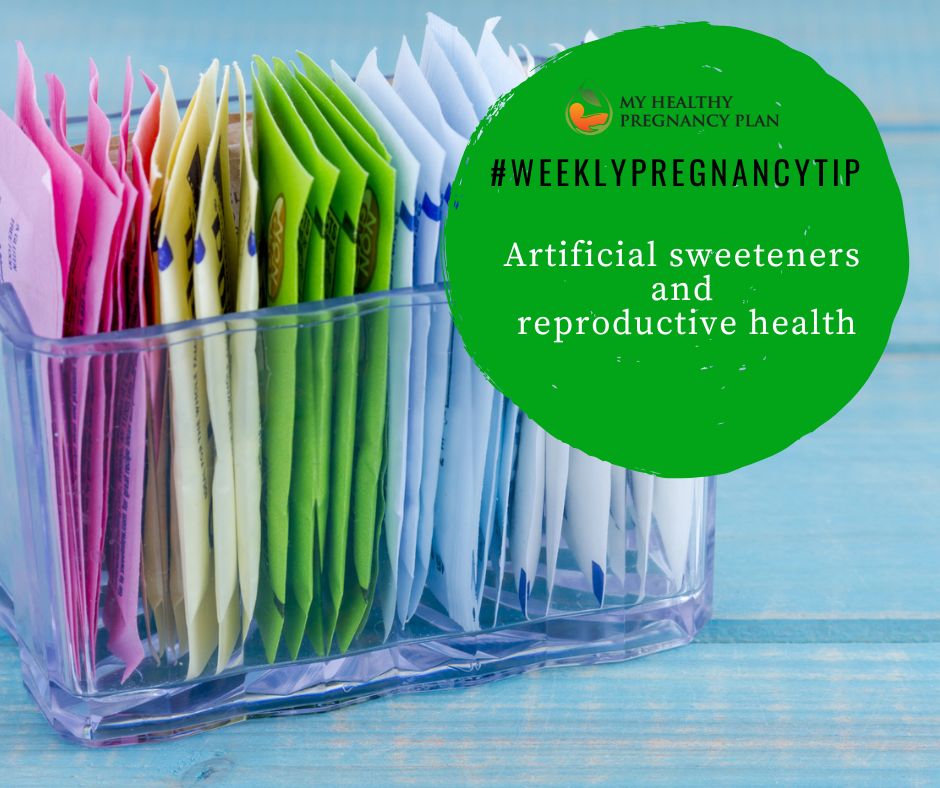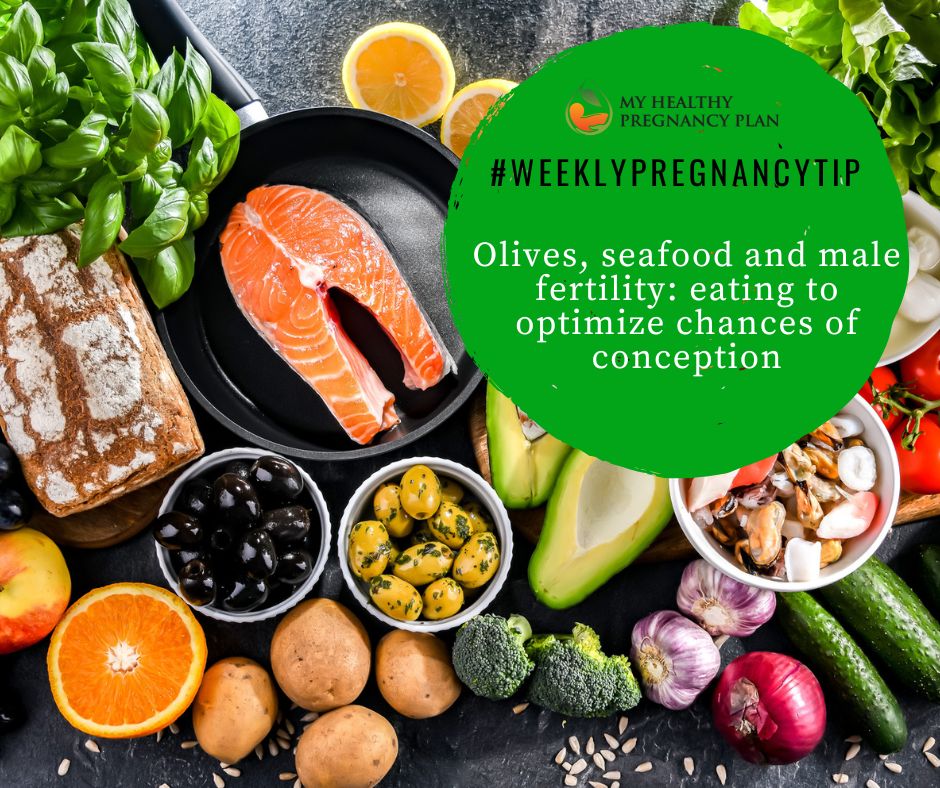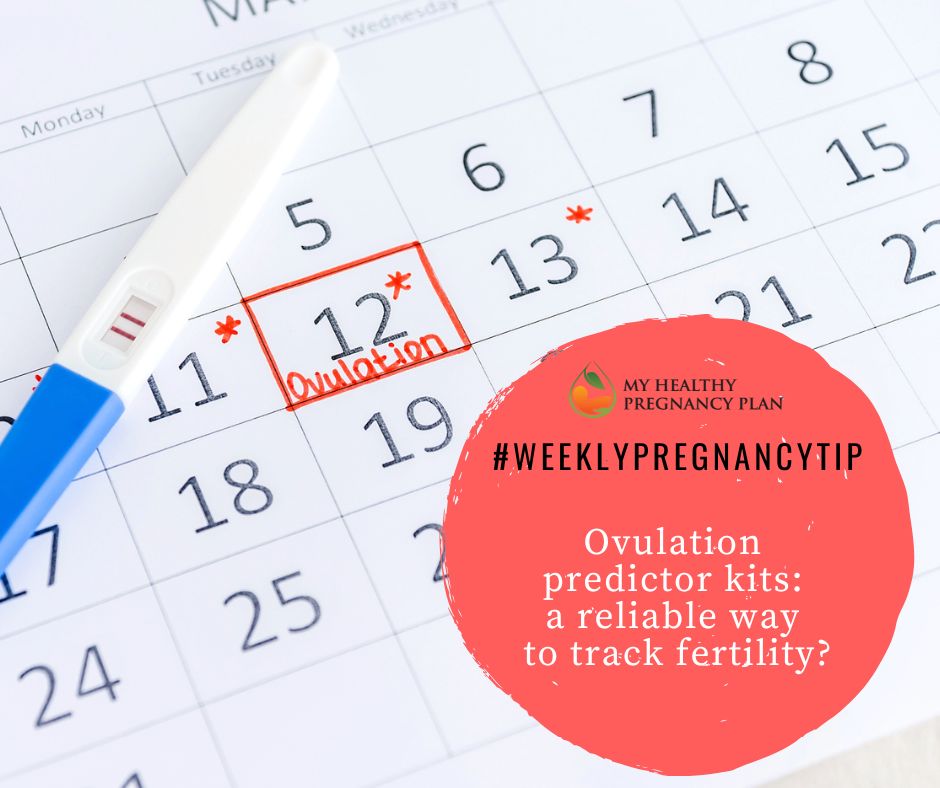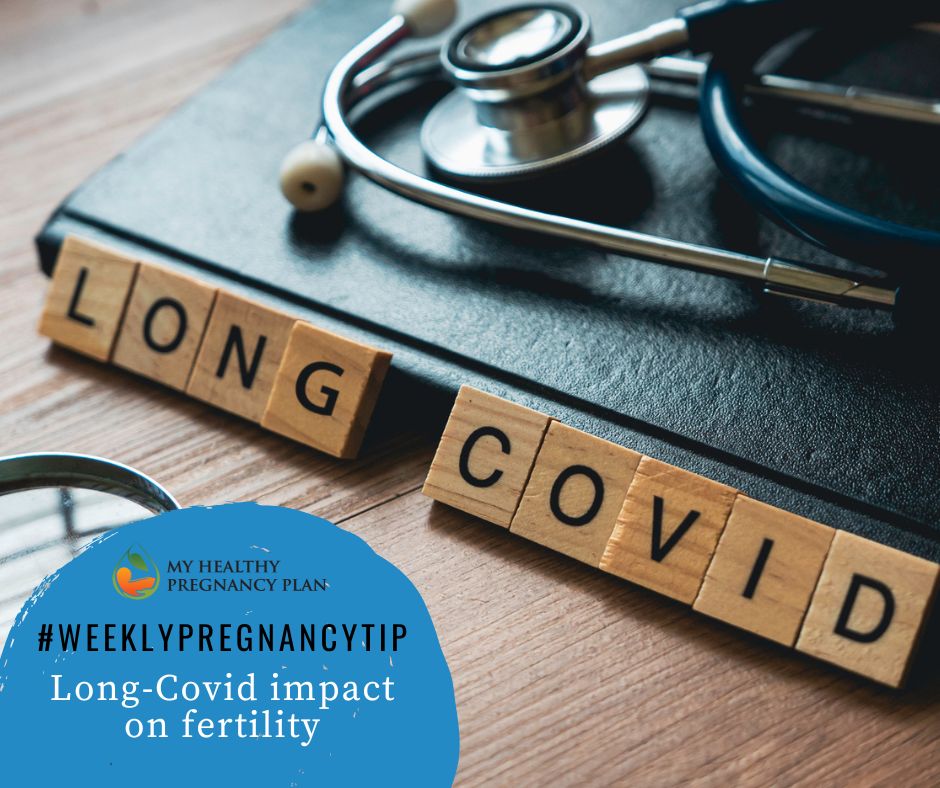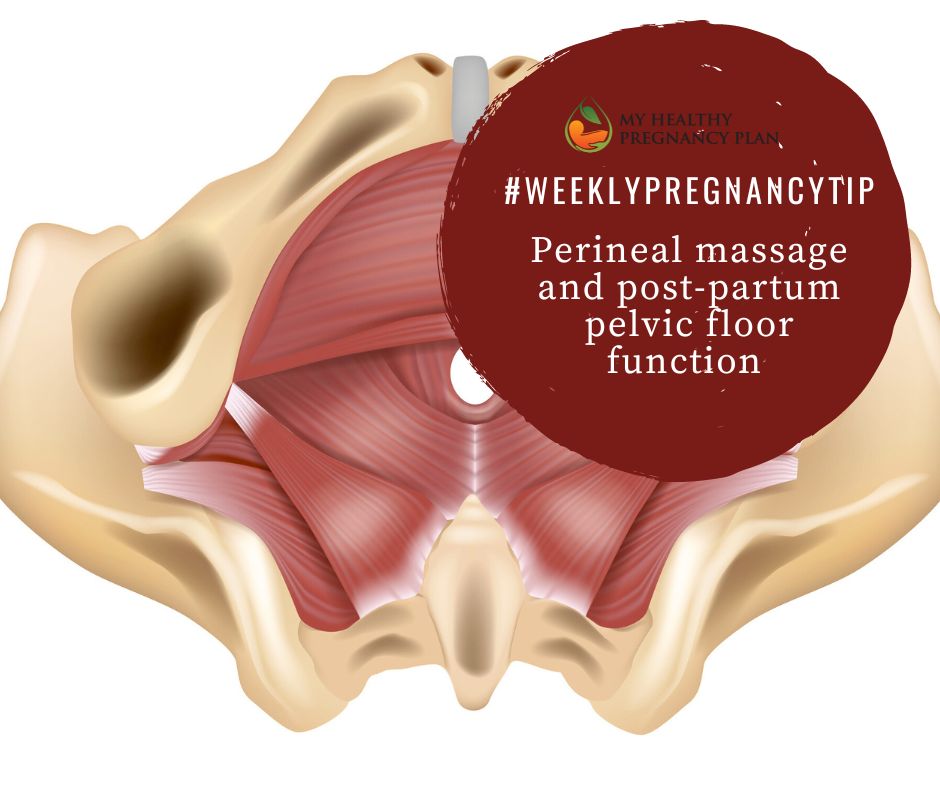Infertility is a rising concern worldwide. Despite ongoing research into the various factors contributing to male infertility, it appears one element may have been overlooked: the relationship between the number of infertile siblings and abnormal sperm parameters. A recent study looked to fill this...
Read More
Artificial sweeteners and reproductive health
Bi-weekly pregnancy tip
In this past post, I shared research showing that children of mothers who consumed artificially sweetened beverages during pregnancy were more likely to develop childhood asthma and allergic rhinitis (hay fever). Women who consumed artificially sweetened beverages during pregnancy were also shown to have a higher...
Read More
Night eating in pregnancy and metabolic issues amongst kids
Bi-weekly pregnancy tip
In my clinic and my online pregnancy course, I cannot stress enough that expecting moms need adequate, healthy food throughout the day. Now, recent research highlights the impact of maternal diet quality – and, importantly, when you eat – on your baby’s long-term metabolic...
Read More
Olives, seafood and male fertility: eating to optimize chances of conception
Bi-weekly pregnancy tip
Trying to boost fertility? It could be time to focus on what’s on your plate! A recent study found that men who follow an alternative Mediterranean diet (aMED) – rich in fruits, veggies, whole grains and healthy fats, and low in red meat and...
Read More
Ovulation predictor kits: a reliable way to track fertility?
Bi-weekly pregnancy tip
Women have long tracked their ovulation to optimize their chances of conception – based on observation and understanding of their bodies’ cycles. I teach these science-based strategies in my online fertility program and in my clinic, including how to track basal body temperature to identify your peak...
Read More
Long-covid impact on female infertility
Bi-weekly pregnancy tip
Long-covid is the unwelcome gift that keeps giving. While better known for persistent fatigue and inflammation, a high frequency of long-covid has been established among patients with infertility, including lower success rates of assisted reproductive technologies (IVF and IUI). In a recent Ukrainian study,...
Read More
PFAS and placental toxicity
Bi-weekly pregnancy tip
Per- and polyfluoroalkyl substances (PFAS) are a hot topic of conversation at our household these days, as both of my teenage boys are competitive cross-country skiers, and this year was the first to have an enforced ban on PFAS (“fluoro”) in ski wax. My...
Read More
Hockey babies: Sports scores short-term spikes in fertility in Canada
Bi-weekly pregnancy tip
Here’s a fun post as many Canadians have been glued to their screens to follow their favourite hockey teams through the NHL playoffs this spring: an interesting new study from St. Mary’s University in Halifax and UBCO in Kelowna has examined the link between...
Read More
Perineal massage and pelvic floor function
Bi-weekly pregnancy tip
Perineal massage – the gentle stretching of a woman’s perineum – has been shown to be effective in reducing the risk of perineal injuries during childbirth and improving postpartum pelvic floor function. A new study has looked at the relative benefits of perineal massage...
Read More
Folate deficiency and male infertility
Bi-weekly pregnancy tip
The importance of folic acid in female fertility is well documented. Not surprisingly, new supportive research from Iran’s Isfahan University of Medical Sciences has highlighted the importance of folate levels in male fertility as well. The study found that males with sufficient serum folate...
Read More


